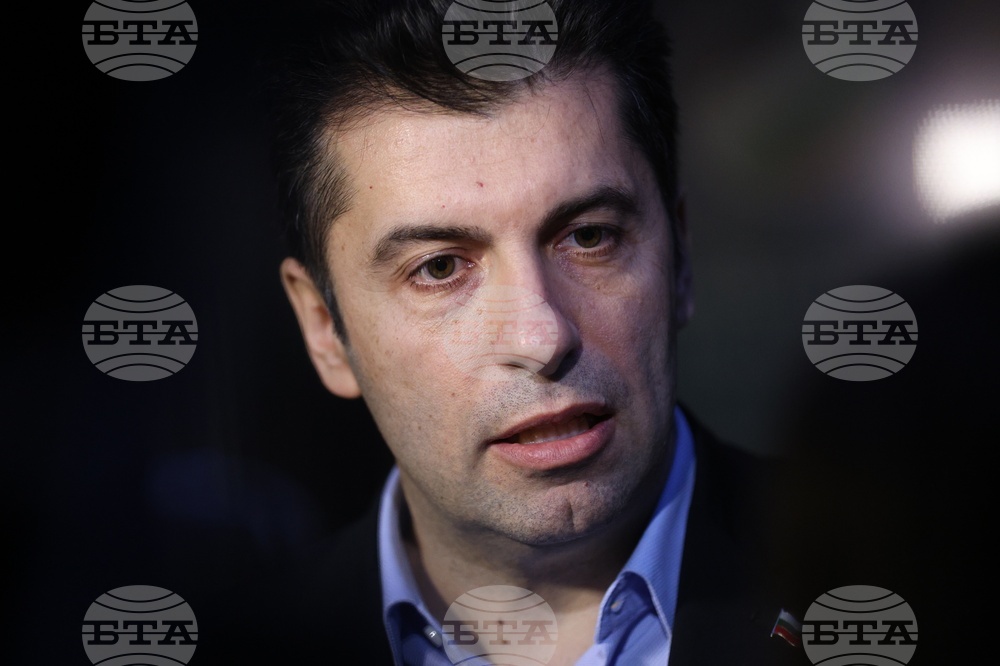site.btaContinue the Change-Democratic Bulgaria Offer Governance Memorandum to GERB-UDF


Continue the Change-Democratic Bulgaria (CC-DB) are offering their coalition partners from GERB-UDF a memorandum with the main goals of the government in the next nine months, Kiril Petkov, co-chairman of
Continue the Change, told journalists after
/VE/
news.modal.header
news.modal.text